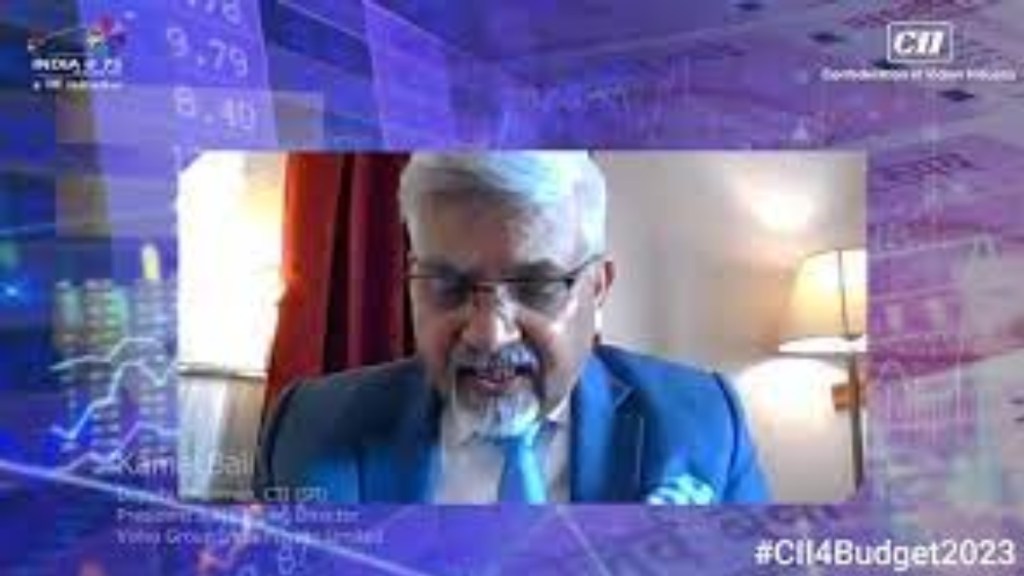The Indian automotive industry plays a huge role towards decarbonisation and the automotive segment alone contributes to 24 percent of air pollution.
At the ongoing 19th edition of the India Innovation Summit, Kamal Bali, the Chairman, CII Southern Region and the President and MD for Volvo Group, set the context on Automotive and Transportation – Next step for economic progress and sustainable development powered by technology and innovation, said that transformation in many areas are fast.
In the automotive space, electric mobility has seen rapid growth, where over 6 lakh units were sold. Technology has also seen advancements with the introduction of ADAS. Bali added that the Indian automotive industry plays a huge role towards decarbonisation and the automotive segment alone contributes to 24 percent of air pollution.
Technology has helped carmakers cut down on pollution, “but a more pressing question is if it has made our cities more livable?” added Bali. The MD also said that India has a once-in-a-lifetime opportunity to leapfrog and be a global leader in clean mobility.
Giving the keynote address, Srivats Ram, the MD of Wheels India said that the automotive sector is in a very exciting stage as vehicle makers are in a stage to develop vehicles that can run on various fuels such as CNG, hydrogen, and electricity.
Ram also pulled up China as an example, as the EV growth was slow till a certain point, however, post that tipping point, the growth skyrocketed. Another major contributor to the automotive sector in terms of technology is ADAS technology, which has moved to level 3 with certain premium carmakers, which is the start of autonomous vehicles.
The MD of Wheels India said that the future of automobiles will see more modular platforms and architecture will play a key role. To support these platforms and architectures, software will play a key role and these will be provided by leading technology giants and startups, which all put together will be the future of transport in India.



















